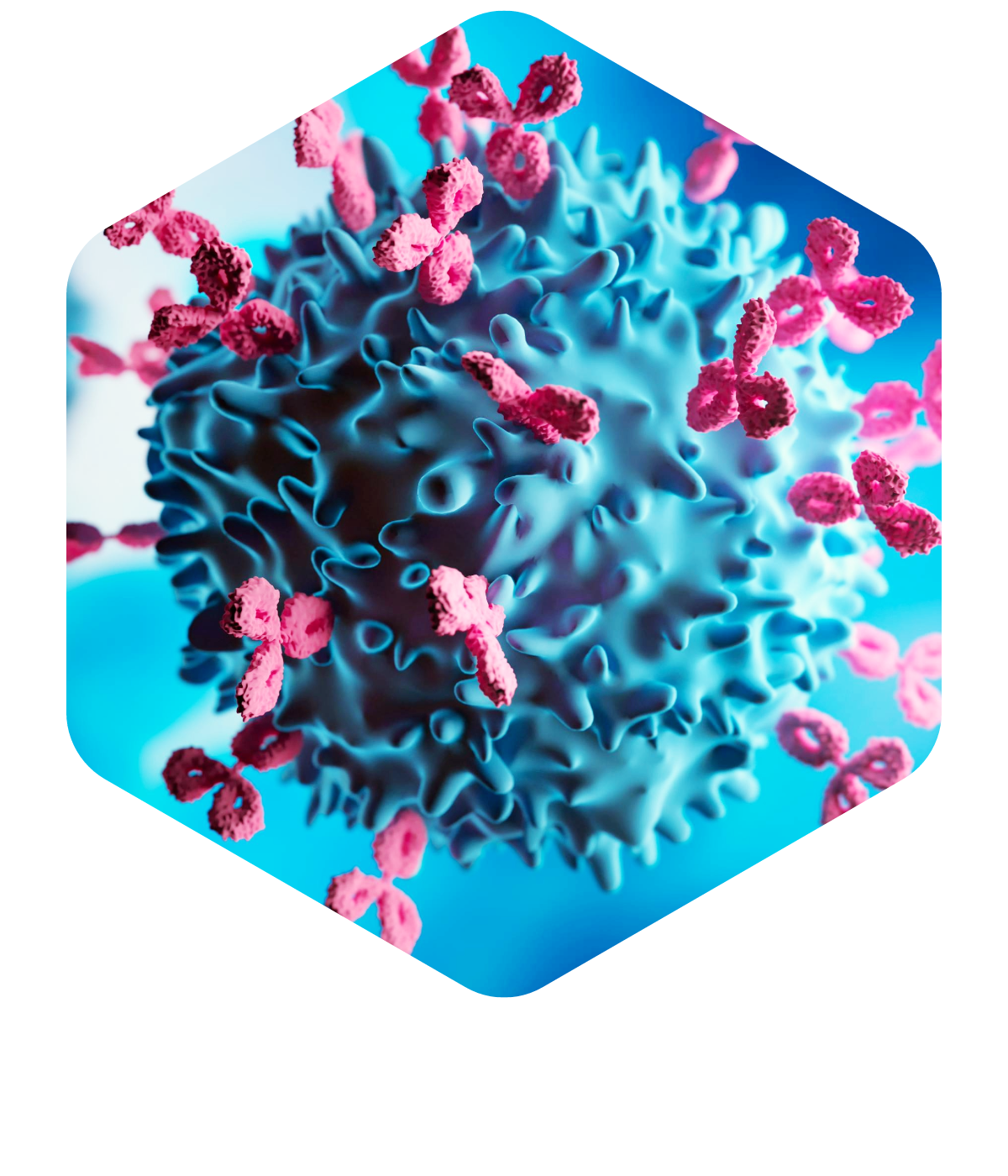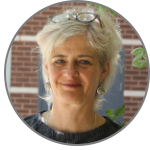Fundamental research into the biological causes and drivers of cancer is vital to deliver scientific progress in this priority area of human health. Researchers from the School of Biological Sciences and the wider University are working together across disciplines to develop innovations and insights at the frontiers of cancer biology, laying the groundwork for the development of accurate diagnostic tools, preventative strategies and personalised cancer treatments.
The two current areas of focus are: Discovering the biological blueprints of cancer and Fighting cancer with the immune system.
Focus Topic: Discovering the biological blueprints of cancer
Academic Leads: Catherine Lindon and Suzanne Turner
Within the Molecules and Cells Research Theme there is an incredible breadth and depth of researchers working to understand the fundamental biology of cancer, work that is essential for improving prevention, early detection, and treatment strategies. From evolutionary and genomic disease drivers, to cell behaviour and cancer risk markers, our scientists harness a strong collaborative ethos to expand understanding and knowledge of cancer, whilst also working closely with our clinical colleagues and lived experience partners to ensure faster progress towards improved patient outcomes.
We are pleased to be partnering with the Cancer Research UK Cambridge Centre and the Fundamental Biology of Cancer programme as part of this important work.
Innovation and Impact
- Research at the University of Cambridge into DNA repair inhibitors led to a novel cancer therapy, Olaparib, which has been approved for ovarian, breast, pancreatic and prostate cancer treatment. Read more
- Working with Kings College, Children’s Cancer and Leukaemia Group and The Chartwell Trust, Professor Suzanne Turner has helped create The Oncology Guide - a family-friendly guide to cancer.
Focus Topic: Fighting cancer with the immune system
Academic Leads: Brian Ferguson and Rahul Roychoudhuri
A specific focus within the cancer research community in the School of Biological Sciences is to understand how fundamental processes of the body’s immune system can be supported and directed to regulate cancer pathology. Catalysed by the Infection and Immunity Research Theme, scientists from across biological, physical, engineering and clinical biology are working together to harness the amazing potential of the immune system in cancer suppression and treatment.
In addition to new academic collaborations, cancer biology researchers are engaging with lived experience participants to ensure research outcomes are patient centred, and with industry partners to share the latest research and advance cancer immunotherapeutics.
Innovation and Impact
- This important work is in line with the UK Government strategy and investment in cancer immunotherapy and vaccine trials, and will be further enhanced by the recent announcement that BioNTech plans to set up new laboratories in Cambridge with an expected capacity of more than 70 highly skilled scientists.
- A group of scientists is also bringing a range of activities focussed on this topic to the Cambridge Festival 2024.
Participatory Research
The School of Biological Sciences is committed to supporting participatory research, where people with lived experience of the research topic in question are included in the design, development and delivery of research, and supported and compensated appropriately. This is especially pertinent in research linked to clinical conditions such as cancer, where engagement with patient groups and carers can improve the quality and impacts of research.
Cambridge researchers can find out more about the support and guidance for equitable participatory research on the School Information Hub.
Key Collaborators
The biological blueprints of cancer
Jean Abraham, Oncology and Precision Breast Cancer Institute
David Adams, Wellcome Sanger Institute and CRUK Cambridge Centre
Sarah Aitken, MRC Toxicology Unit
Tom Blundell, Biochemistry
Paolo D'Avino, Pathology
Marc de la Roche, Biochemistry
Ming-Qing Du, Pathology
David Fernandez-Antoran, Gurdon Institute and Pathology
Brian Ferguson, Pathology
Jenny Gallop, Gurdon Institute and Biochemistry
Richard Gilbertson, CRUK Cambridge Centre
Shery Huang, Engineering
Steve Jackson, CRUK Cambridge Institute
Walid Khaled, Pharmacology
Laura Machesky, Biochemistry
Elizabeth Murchison, Veterinary Medicine
James Nathan, Medicine
Ewa Paluch, Physiology, Development and Neuroscience
Lori Passmore, MRC Laboratory of Molecular Biology
Anna Philpott, Oncology
Iva Tchasovnikarova, Gurdon Institute
Suzanne Turner, Pathology
Fighting cancer with the immune system
Giulia Biffi, CRUK Cambridge Institute
Louise Boyle, Pathology
Mike Chapman, CRUK Cambridge Centre
Maike de la Roche, CRUK Cambridge Institute
Melinda Duer, Yusuf Hamied Department of Chemistry
Tim Halim, CRUK Cambridge Institute
Christoph Hess, CITIID
Alexandre Kabla, Department of Engineering
Tuomas Knowles, Yusuf Hamied Department of Chemistry
Bidesh Mahata, Pathology
Klaus Okkenhaug, Pathology
Rahul Roychoudhuri, Pathology
Work with us
We welcome opportunities to collaborate with industry partners, policy makers and academics. If you are interested in working with us, please contact Dr Abi Herrmann, Research Strategy Manager.








